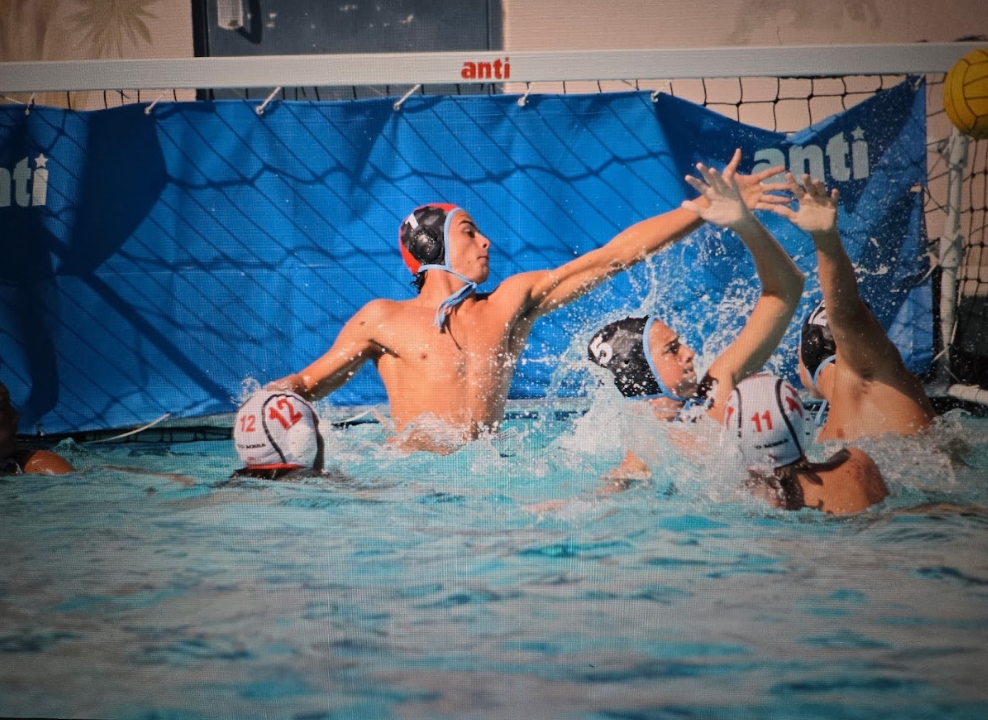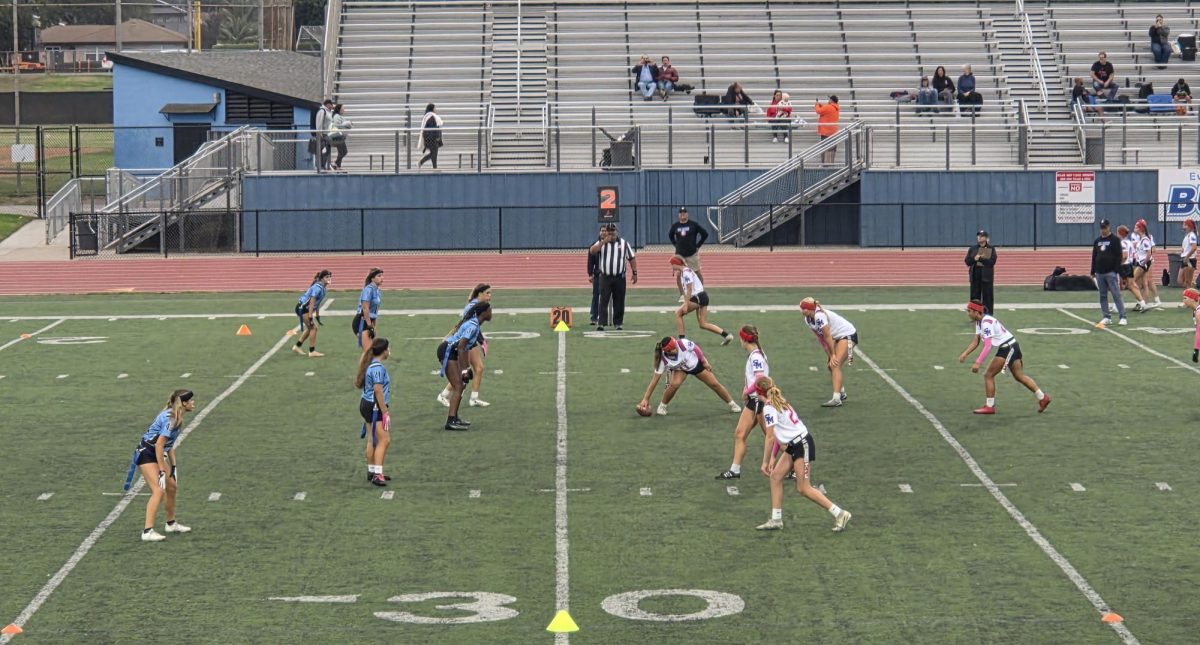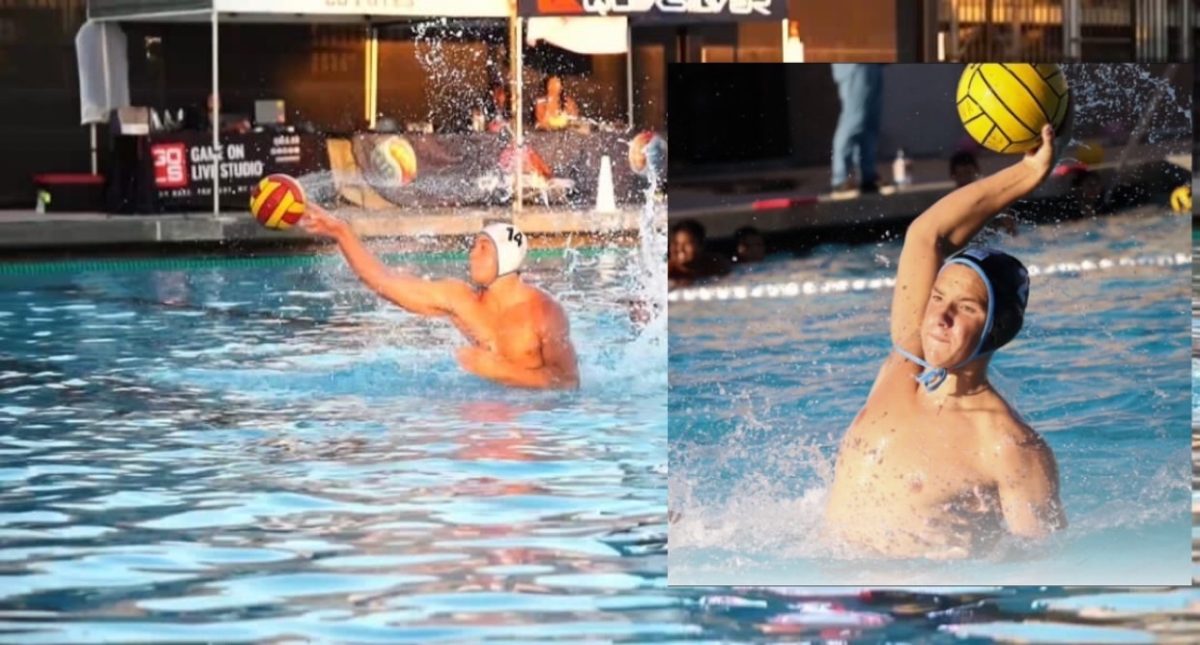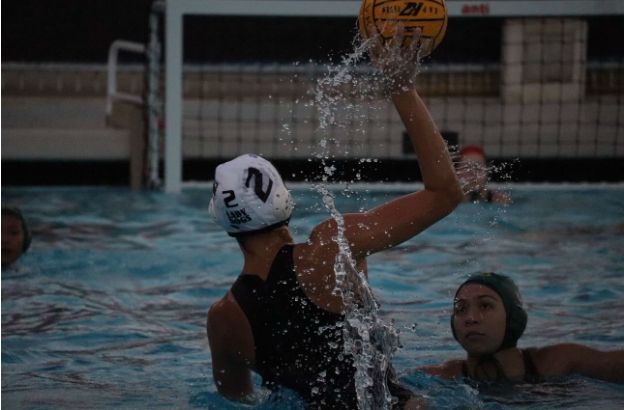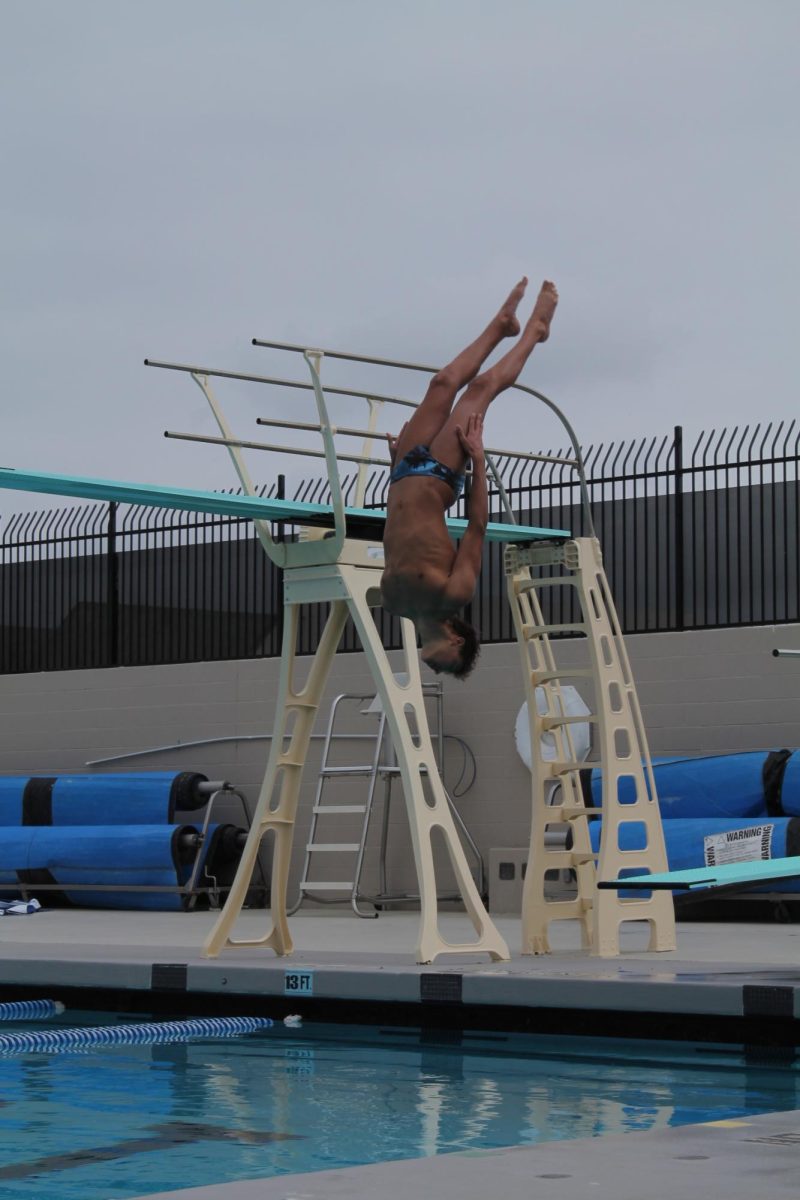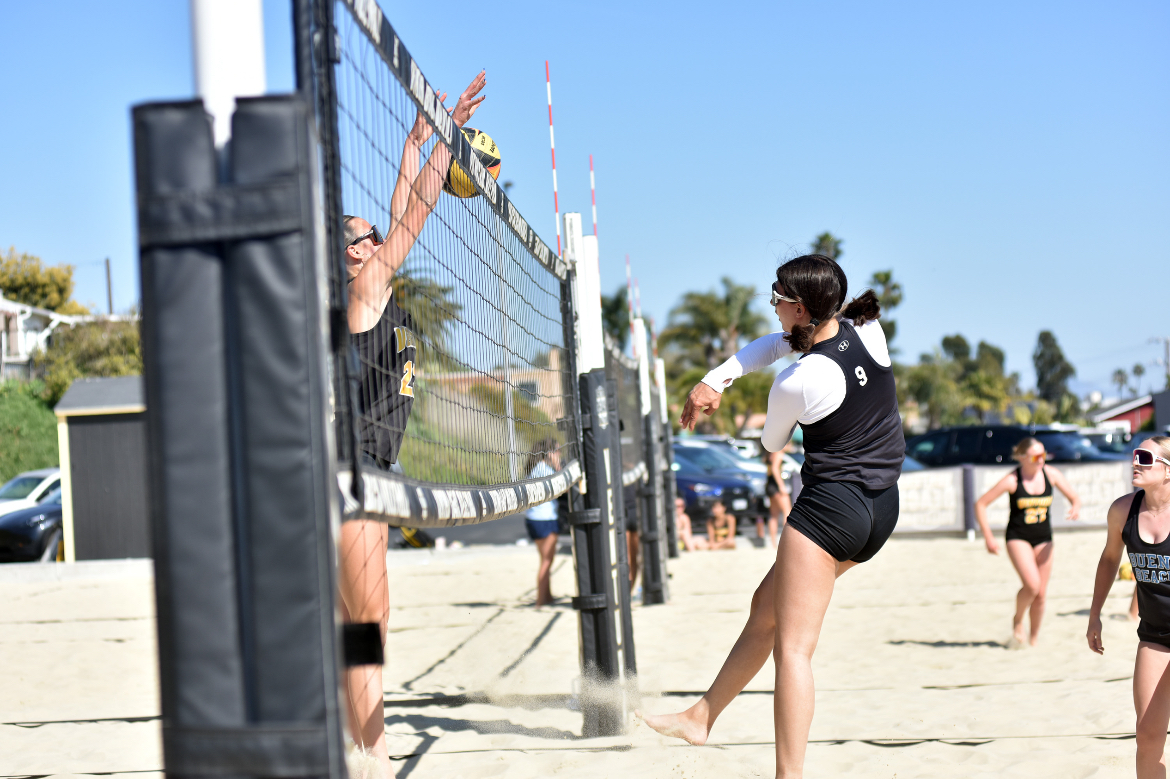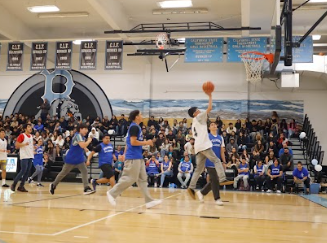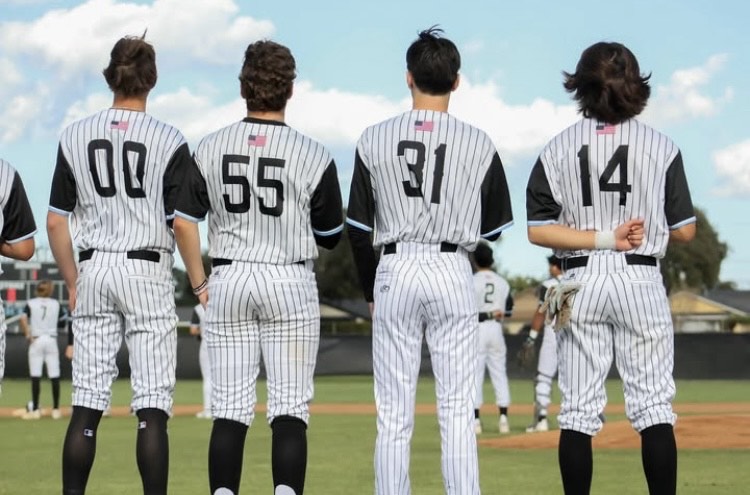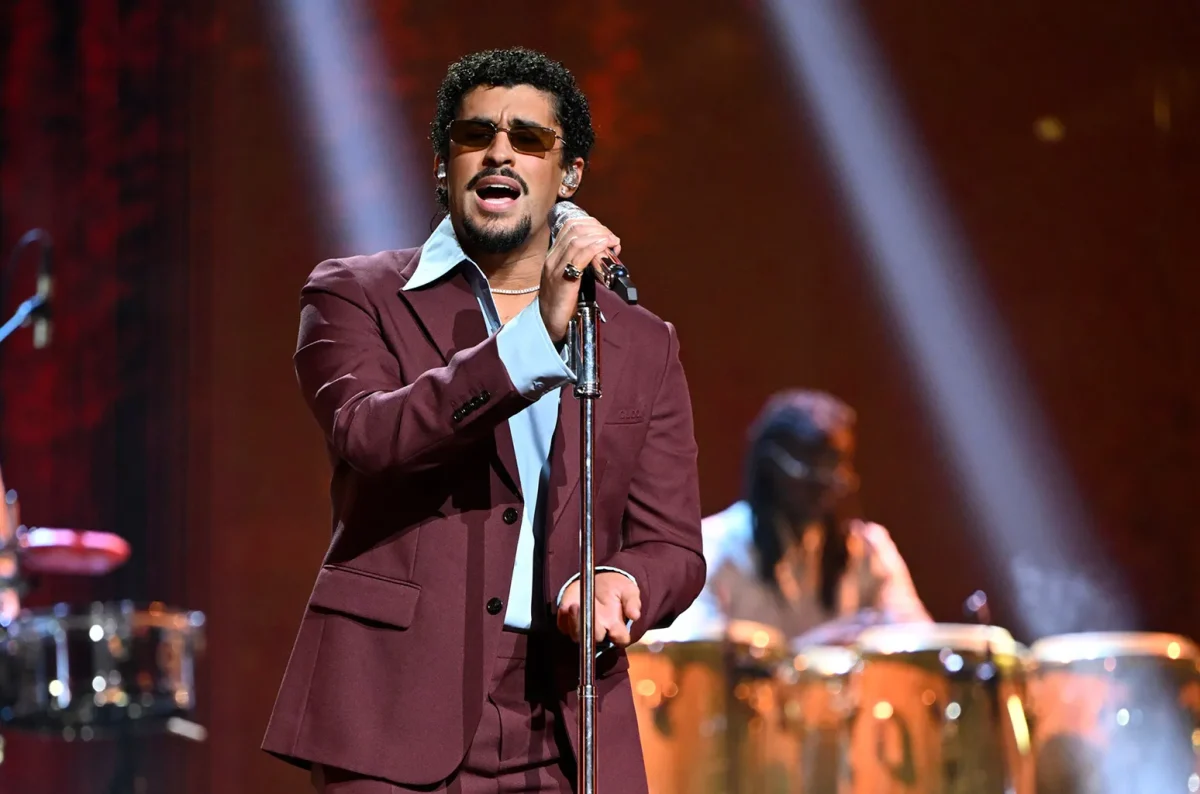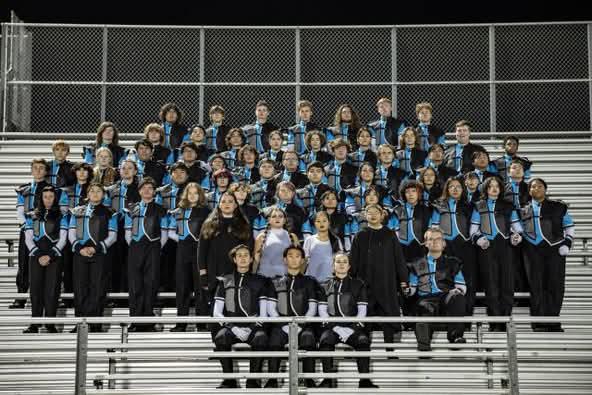The debate over whether marching band qualifies as a sport has been ongoing for quite some time among students, teachers, athletes, and music lovers. Many people, myself included, argue that the physical and mental challenges of being in a marching band make it worthy of being recognized as a sport. However, some believe that marching band is primarily focused on music, with its unique goals and requirements that set it apart.
Sports are traditionally renowned and defined by fitness, coordination, and competition, yet the marching band checks many of the same boxes. Though not all of them, for example, direct competition and fitness, the marching band never plays against another band or runs around and uses muscle, although it does work out the lungs.
“Our practices are often harder than other sports, we spend hours of practice to perfect the routine and it takes a lot of breathing to be able to play and march a specific way, just like any other sport,” sophomore band member Juliana Garcia said.

With marching bands’ physical demands, teamwork, and competitive spirit, marching bands are equally deserving of being in the same category as traditional sports. Their well-thought-out performances demand stamina, strength and unrivaled coordination, often rivaling the physical effort of sports like football or cross country.
Keeping this in mind, the concept of a band is beyond music genres and it deserves recognition as a sport. Music styles such as pop, jazz and rock are mostly segregated from the concept of a band. A band is much more than a genre but is a dynamic collective effort that requires coordination, discipline and physical skill. Live band performances incorporate complex timing, communication and physical stamina, but from an outsider’s viewpoint, it may not seem so since it requires a much internal breathing technique and control showing physical work as in sports performances.
Unlike studio recordings, the voice and body are exposed to extreme strain and exertion during live performances; such work requires stamina and the strength to bear the effects afterward. It’s hard to deny that a band is not just about the music; it’s athleticism, teamwork and performance skills closely aligned with those required in a sport.
This is where marching band should be a sport. There are those moments when it meets the standard of a sport, for example, when band members are expected to carry heavy instruments like a drum set while walking and playing at the same time. This requires physical endurance, coordination and strength qualities central to any sport.
Marching bands often perform in high-pressure situations, like football games, where they are on their feet for hours, playing and marching in complex formations. The physical demands of staying in sync while performing complex routines make marching band similar to the physical effort seen in many sports.
While there might be some components of the band that are not as physically demanding, the nature of a marching band involves athleticism in movement and stamina, making it a good candidate to be considered a sport. Given the vast range of activities within various types of bands, some parts of a band may not be considered athletic, but clearly, marching band is and should be recognized as such.






